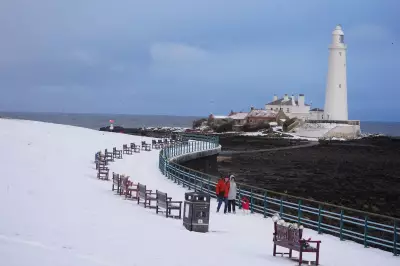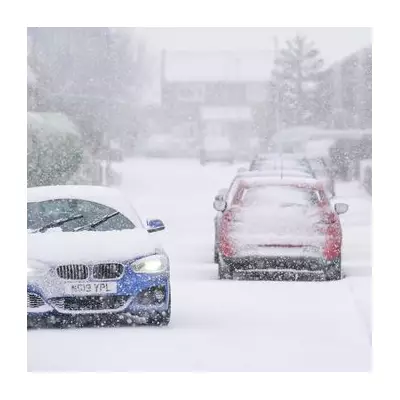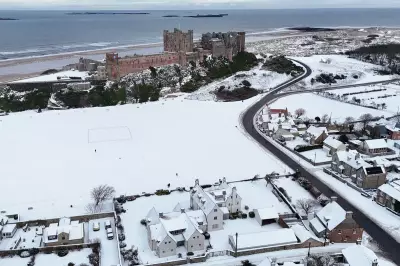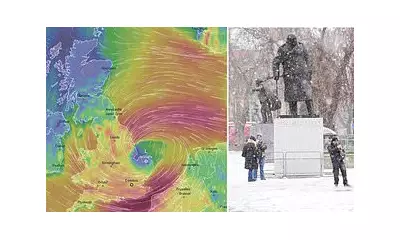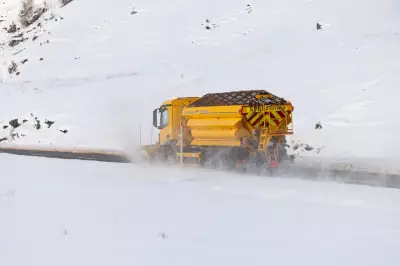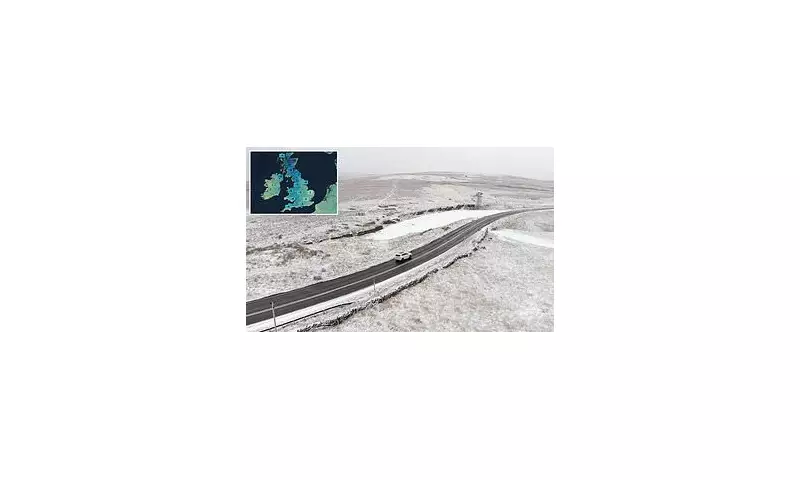
The UK is on alert for a potential repeat of the infamous 'Beast from the East' as early as next month, meteorologists have warned, following a severe cold snap this week that saw temperatures plummet to -12C and blanket parts of the country in heavy snow.
Immediate Freeze and Health Warnings
Amber cold health alerts and yellow warnings for snow and ice were activated across the nation this week as a combination of wet weather and frigid Arctic air created difficult and slippery conditions. The Met Office confirmed that the weather for the next seven days will be markedly colder than last week, with a widespread harsh frost expected towards the weekend.
Forecasters have even warned of the possibility of 'thundersnow', a rare phenomenon where snowfall occurs simultaneously with thunder and lightning. Scotland and North East England are anticipated to bear the brunt of the snowfall, with accumulations of up to 20cm (8 inches) predicted on the highest ground. While London is not expected to see snow, temperatures in the capital are forecast to drop to -1C tomorrow night.
The Spectre of the 'Beast from the East'
The most significant development is the Met Office's revelation that forecast models are indicating the potential for a Sudden Stratospheric Warming (SSW) event in the coming weeks. This is the same meteorological phenomenon that triggered the 'Beast from the East' in February 2018, which brought the UK to a standstill with extreme cold and heavy snowfall.
An SSW involves a rapid temperature increase high in the stratosphere, which can disrupt the Polar Night Jet stream. This disruption can reverse wind directions, bringing easterly winds to Britain from the continent. This shift alters the UK's weather patterns, weakening low-pressure systems and pushing the jet stream south. The result is often high pressure over the North Atlantic, which blocks milder Atlantic air and instead draws in cold air from Europe.
Met Office spokesman Stephen Dixon stated: 'This year there is a signal for a sudden stratospheric warming very early in the season, near the end of November. Although we occasionally see such events in November, it is relatively early in the winter for this to be occurring.' He added that this suggests a higher chance of a cold start to winter than in recent years, though precise impacts remain uncertain.
Public Health and Travel Impacts
The current cold spell has already prompted significant health warnings. The UK Health Security Agency (UKHSA) has issued an amber cold health alert for North West England, the North East, and Yorkshire and the Humber, with a yellow alert covering all other English regions until Saturday.
Dr Agostinho Sousa, head of extreme events and health protection at the UKHSA, urged the public to check on vulnerable neighbours and relatives, noting that the cold can increase the risks of heart attacks, strokes, and chest infections.
Charity Age Scotland echoed these concerns, highlighting the increased isolation and difficulty for older people in accessing essential supplies and appointments. The British Heart Foundation also issued advice for those with heart conditions, recommending they keep indoor temperatures to at least 18C and wrap up warm when venturing outside.
Looking ahead, while the potential SSW event is not linked to this week's weather, its development is being closely monitored. If it occurs, the UK could be facing a prolonged period of severe wintry weather, reminiscent of the 2018 event which caused widespread school closures, transport chaos, and stranded motorists.

